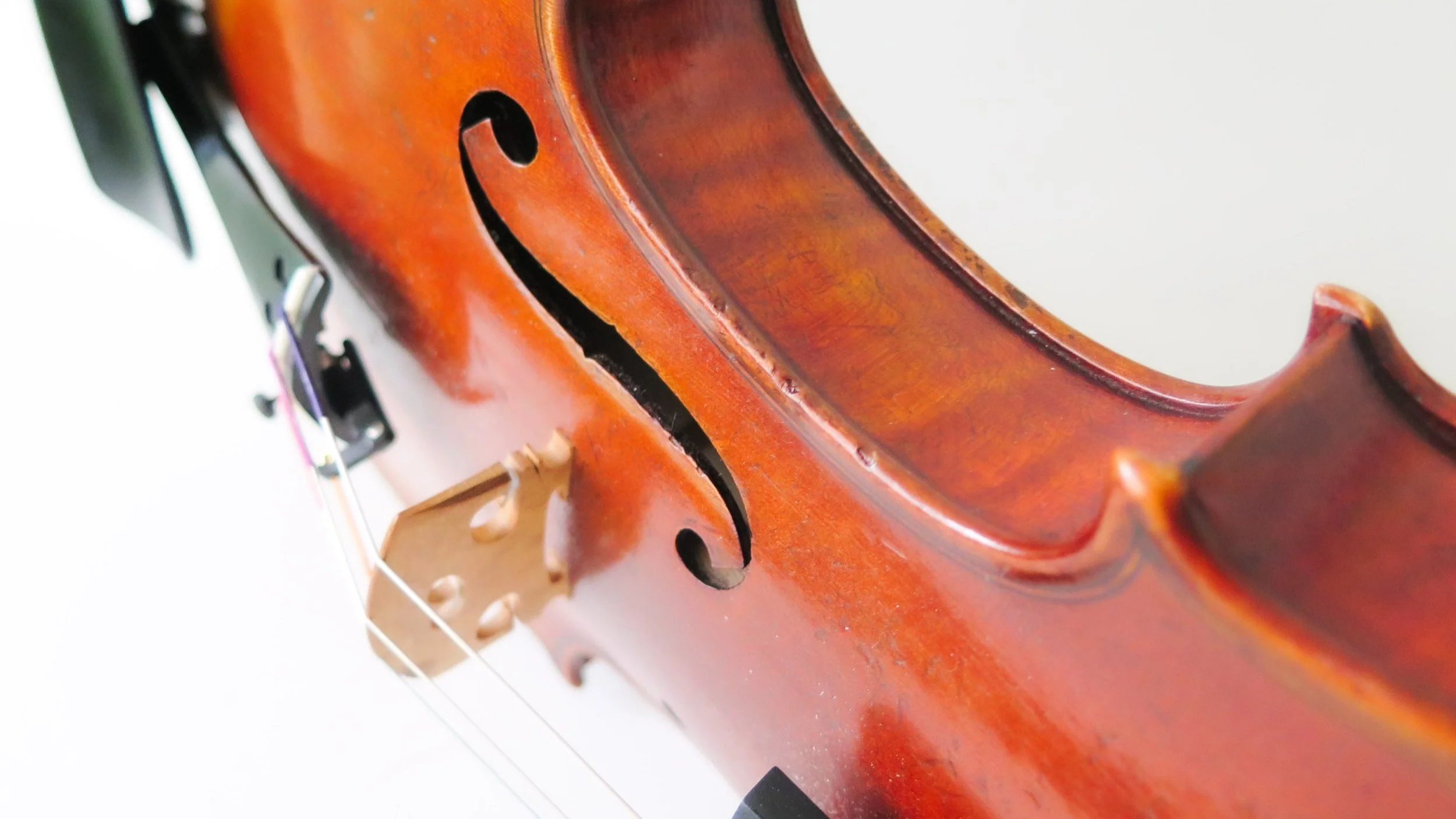Make The Most Of Your Practice Time: Five Helpful Tips
Originally published in 2016, updated in 2025.
Ah, practicing, that necessary yet often dreaded task that comes along with learning an instrument. You’ve probably been told throughout your musical studies that it is important to practice several days a week for a set amount of time, but it seems there is a bit of a mystery surrounding exactly what you should be doing during your practice time. So, with school, homework and other extracurricular activities all demanding your time and attention, how do you make the most of your practice time?
1. Schedule practicing into your daily routine at a time of day when you have the most focus.
Some people work better in the morning before the day starts, others work better in the afternoon just after school, and others work better in the evening. The bottom line is you need to find a time of day when your brain is fresh and able to focus. Once you’ve found that time, block it off and make practicing part of your daily routine; having a designated daily practice time will help you to become a consistent practicer. If you are always trying to fit your practice time in at the end of the day after everything else is done, you’ll most likely push it off until the next day. In addition, if you’re tired or distracted, your practice time won’t be as focused or effective.
2. Structure your practice time and have a practice plan.
Try to approach each practice session with a game plan in mind. I often ask my students to take notes during their lessons so they know what to touch on when they practice. I expect them to accomplish or make significant progress toward archiving the weekly goals I have asked them to write throughout the lesson. If you have notes from your lesson take a look at them before you start practicing, this will give you a general idea of what you need to accomplish and how you need to structure your time. Try to begin your practice time with the thing that requires the most work and focus and end with the thing that is the easiest and most enjoyable. The key to consistency in performance is consistency in practice, so make sure you consistently touch on everything you need to practice daily, even if you don’t like doing scales and studies.
3. Listen and observe; don’t just go through the motions.
It’s easy to go through the motions and check everything off the practice list without actually listening or improving upon anything you do. Just going through the motions isn’t enough; you need to be aware of what you are doing and the results you are producing. This is one of the main reasons why it is so important to practice at a time of day when you have the most focus. Really listen to and observe everything you are doing. If your bow hold needs work, check it every time you pause, even while playing. If something is out of tune, isolate the area and repeat it until you can consistently play it in tune, then put the isolated section back together with the rest of the piece. One of the reasons I strive to teach my students self-awareness is so they can make the most of their practice time by observing themselves in action. You need to hold yourself to the same high standard in practice as your teacher holds you to in lessons. Keep repeating things until you can play them correctly, and then repeat them several more times for consistency. And finally, don’t ignore your mistakes; fix them. If you don’t know how to fix a mistake, circle it and ask your teacher about it at the next lesson.
4. Don’t give up if you can’t get something on the first, second or even third try.
It’s easy to get discouraged when you really want to accomplish a tricky concept, but it keeps eluding you. Sometimes it makes you so frustrated you just want to scream, at times like this it’s best to know when to walk away for a bit. There is such a thing as over-practicing. Don’t give up, just take a step back, take a few deep breaths and practice something else for a while or maybe even give yourself a day away from the area that is frustrating you. Most likely, you will find that when you return to the piece, it won’t be as frustrating. Our brain often keeps working on a problem long after our fingers stop, so we can’t always see the rewards of practice immediately.
5. Make notes about what you have worked on.
Make notes at the end of your practice session about which goals you accomplished, what still needs work and any other things you may have discovered. By doing this, you will know exactly where to begin the next day, and you will save yourself the time and energy of figuring things out all over again. You can even make small notes in the margins of your music to help you remember specific details as you practice.

